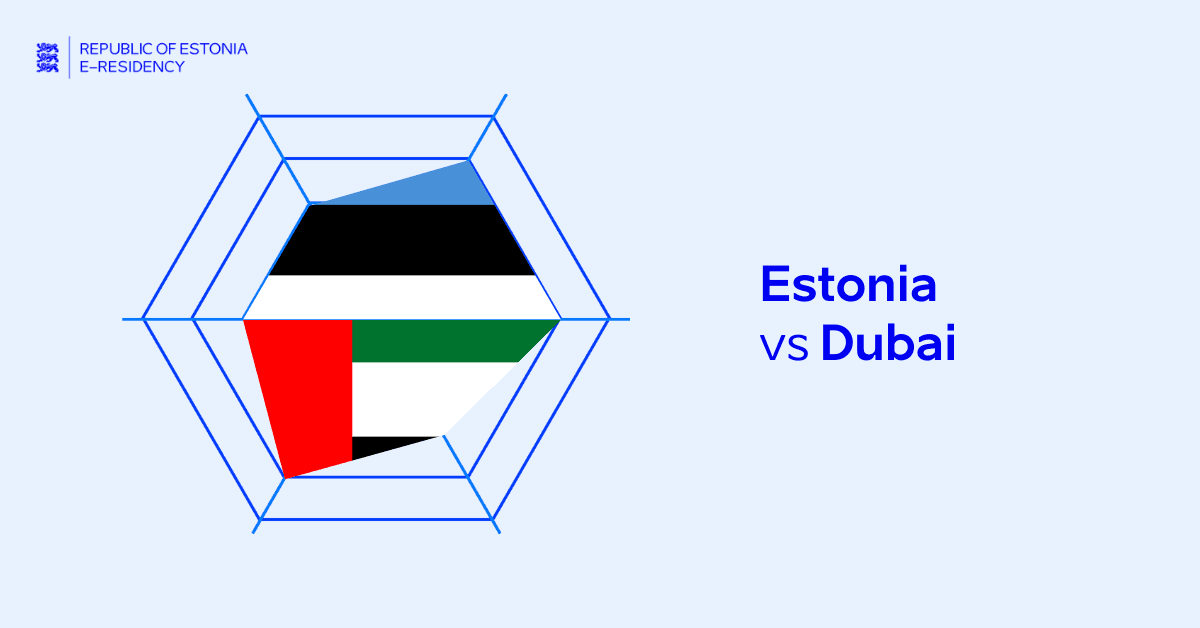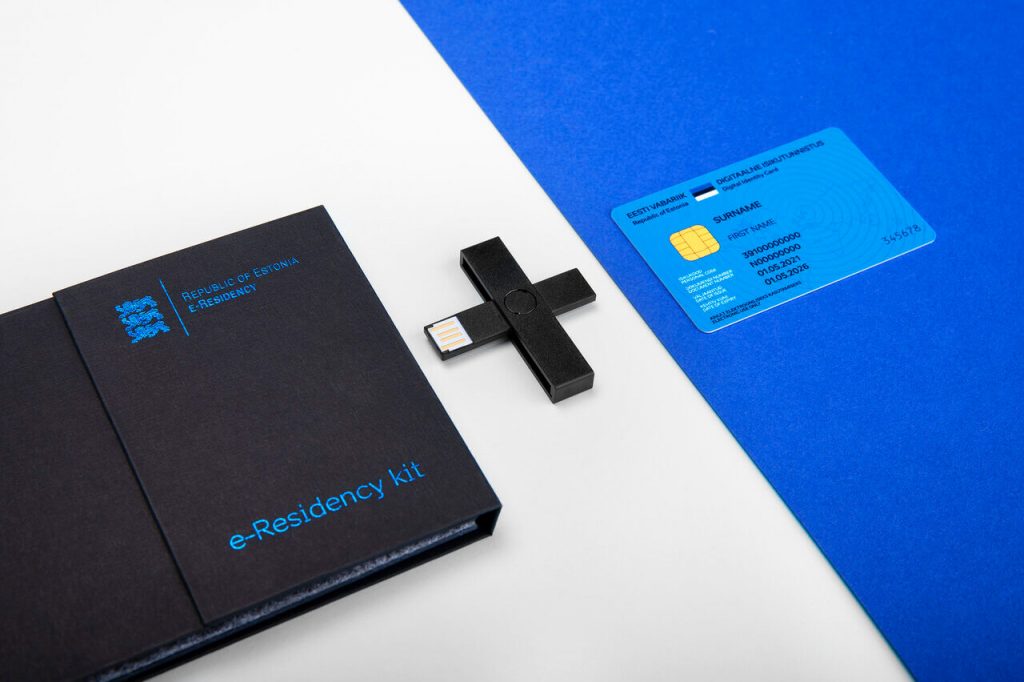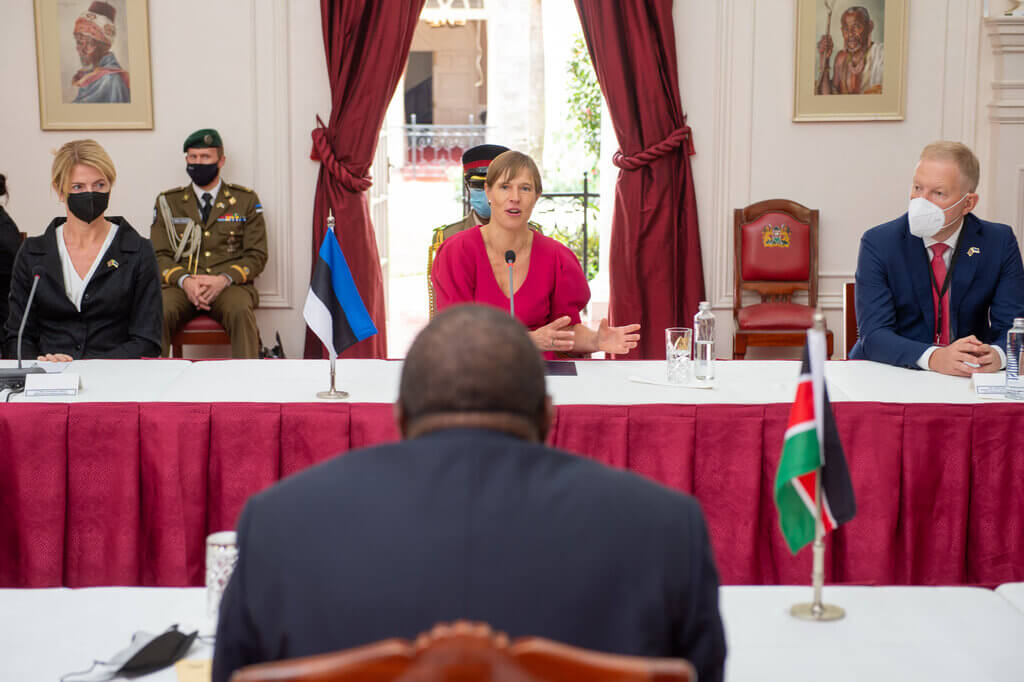
estonian e-residents in africa
E-Residency welcomes a new wave of empowered and creative entrepreneurs from Africa
Making it easier to obtain the eID
Two years on and much has changed.
Supporting African entrepreneurs
Being able to operate in European currencies and markets is a great advantage in Africa, and the key benefit perceived by entrepreneurs like Sidoine.
New possibilities for emerging entrepreneurs
Having e-Residency tools and content available in French and Arabic would unlock access for even more new users, Abaku suggested.
More from e-Residency
- Sign up for our newsletter
- Watch fresh video content - subscribe to our Youtube channel
- Meet our team and e-residents - register for our next Live Q&A









